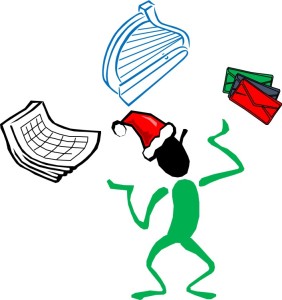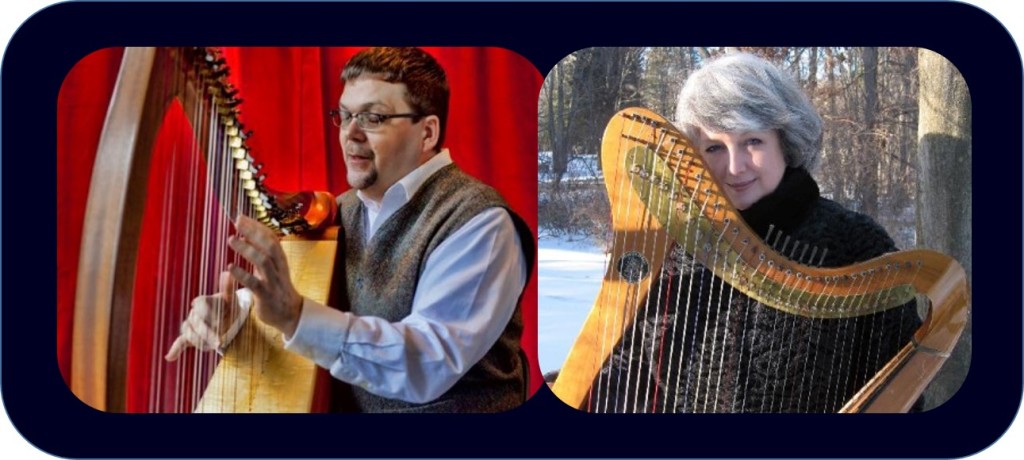It’s barely begun to cool down, the days have hardly gotten any shorter and the trees haven’t really begun to show their colors. It’s October! But it is also definitely time to start preparing for Christmas! From parties to church services, from fundraisers to celebrations, ‘tis the season to be asked to bring a little joy to people by playing for Christmas. Will you be ready? Here are 8 things you can do to be prepared this season:
- Start now – Christmas is right around the corner, but the holiday season is even closer. Holiday decorations had appeared in big-box retailers before Labor Day and the Christmas events will start after Thanksgiving if not before so you need to start now to be ready.
- Make a preparation checklist – write down those things you need to do to be prepared (some of the items in this post might be helpful for that). Use your checklist to help yourself prepare.
- Budget your time – be sure to manage your time effectively – refreshing tunes you’ve learned before, learning new material, whatever you need to spend your time on – arrange to have that time available.
- Select your tunes – know what you are preparing for and use that information to generate a solid set of tunes (and specific tune lists).
- Schedule practice – not kidding. The holidays are notorious for days filled up beyond reason, earlier than expected, and with way too much to do. Be sure to schedule your practice time in – or you won’t get any!
- Use your practice time wisely – because your practice time will be at a premium, be sure you plan for that time so you can get the most out of every moment. No shillyshallying at the harp, no unfocused playing through – actually practice when you’re practicing.
- Make notes for next year – some of your preparation will be very good, some will be no help whatsoever. Make notes to yourself for next year so have even better preparation in the future.
- Enjoy yourself – the preparation is challenging, and the added stress of performing may get to you, but be sure to enjoy yourself. And also be sure to acknowledge any improvement in your performance, the level of difficulty of the music, the speed of refreshing tunes you had learnedin previous years – all those positive indicators that arise from your preparation.
Christmas comes but once a year – fortunately, it stays for a while and provides you a great opportunity to prepare and to play for family, friends, and customers.




